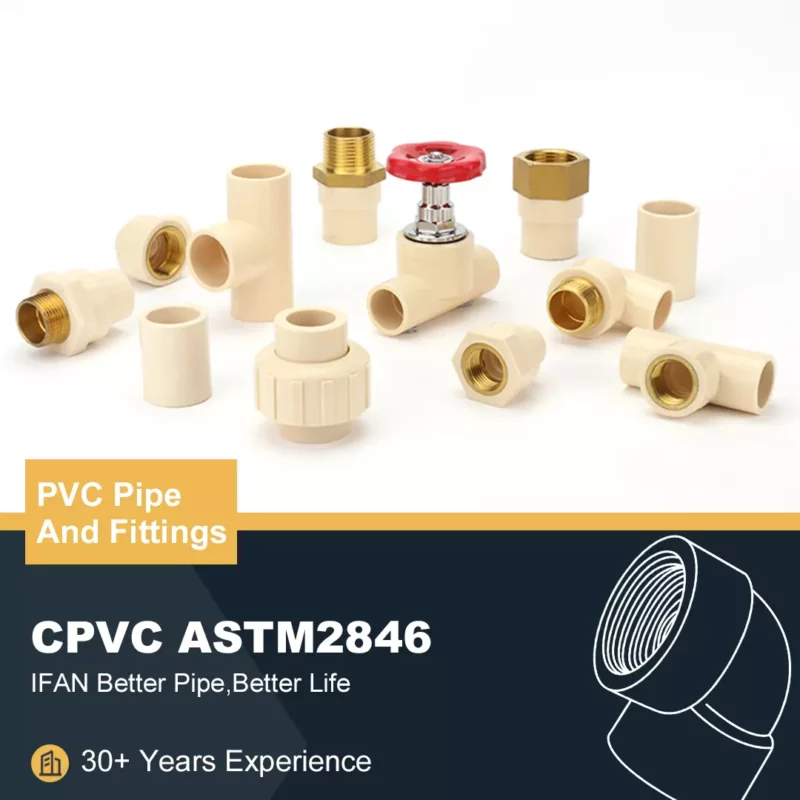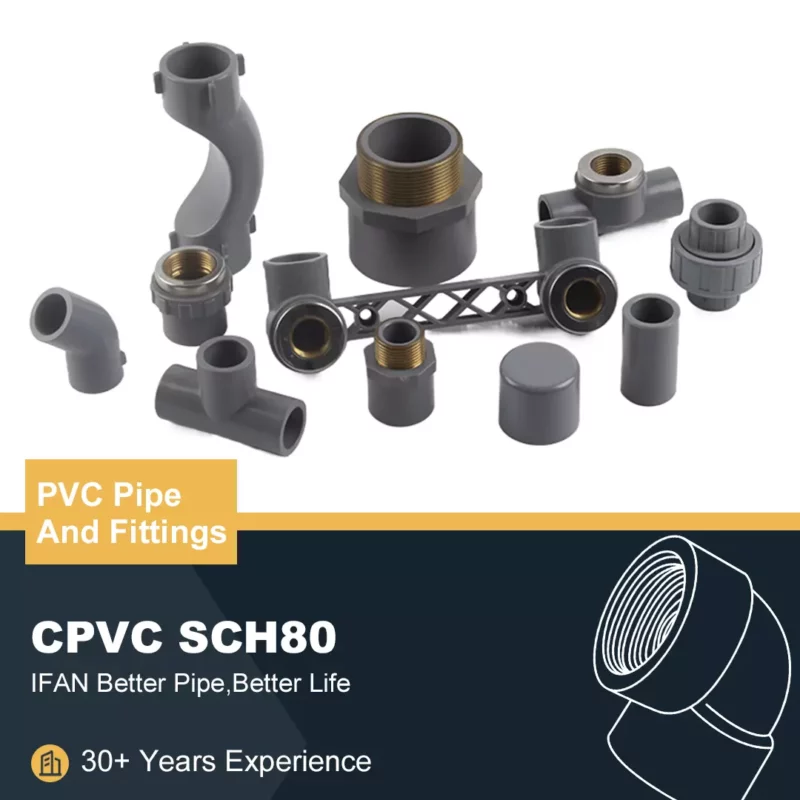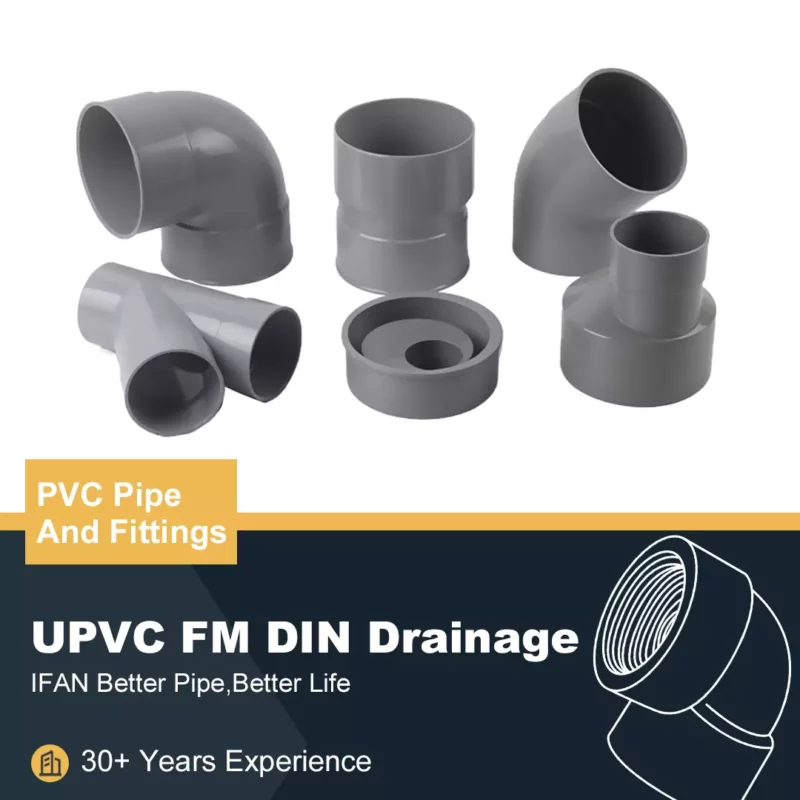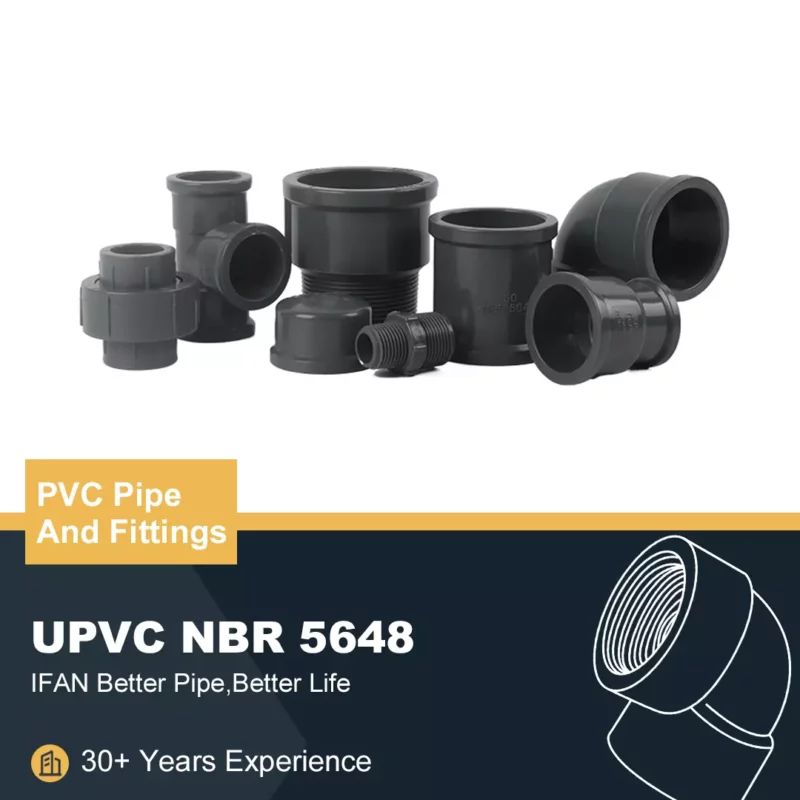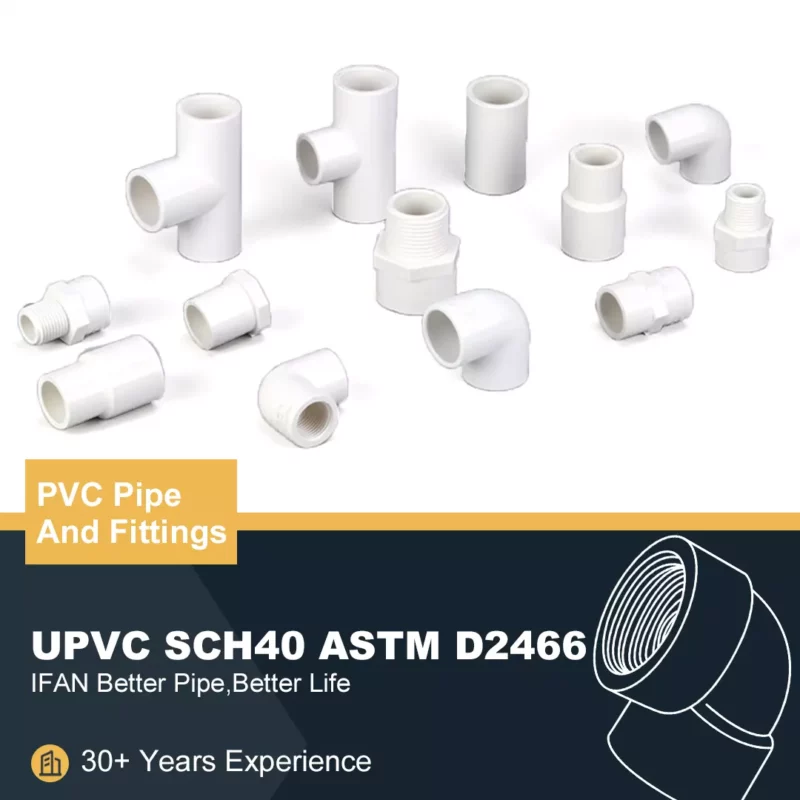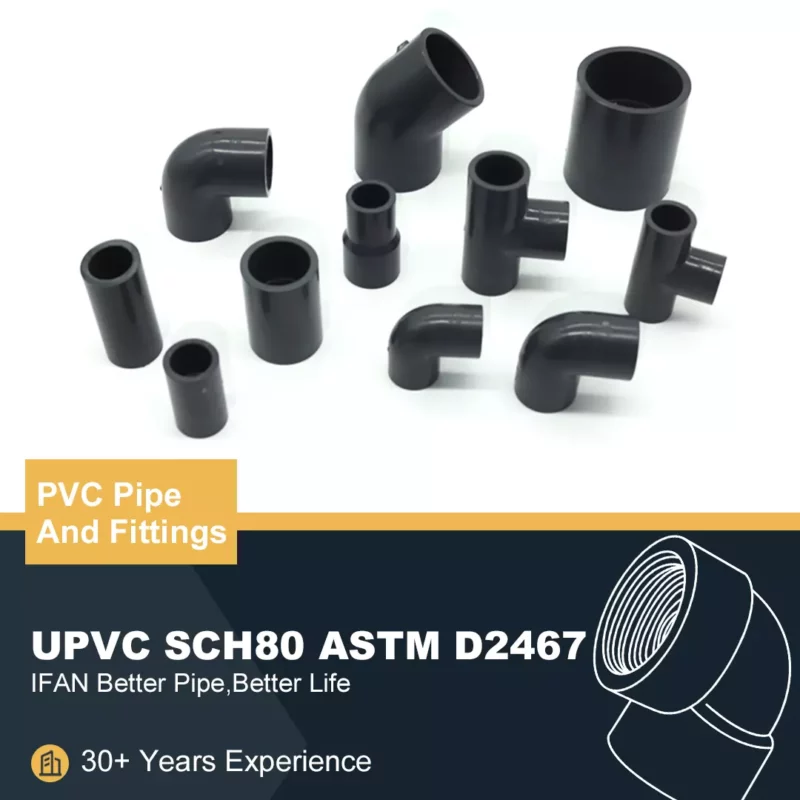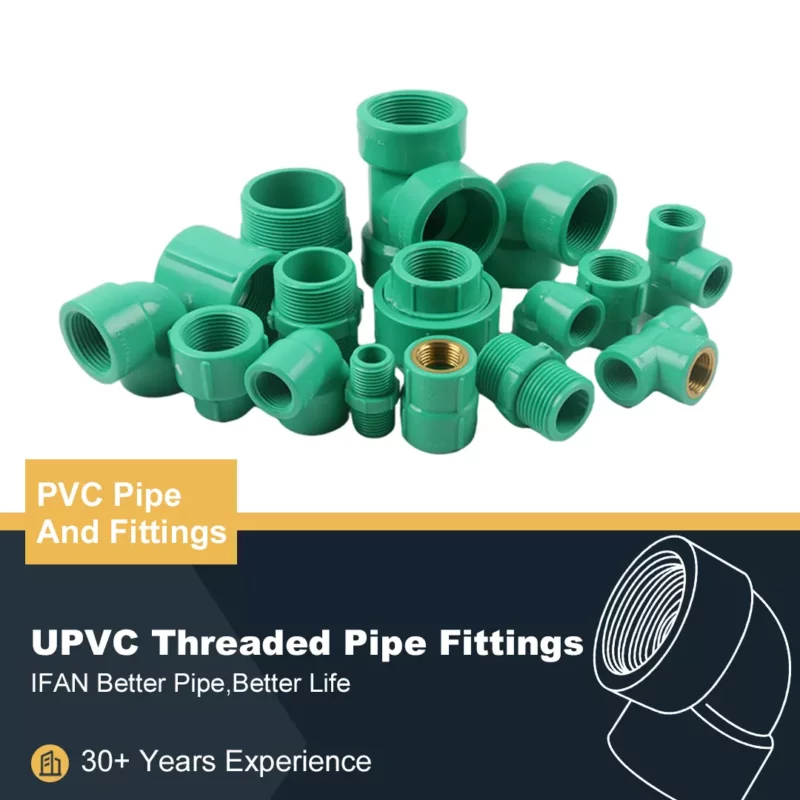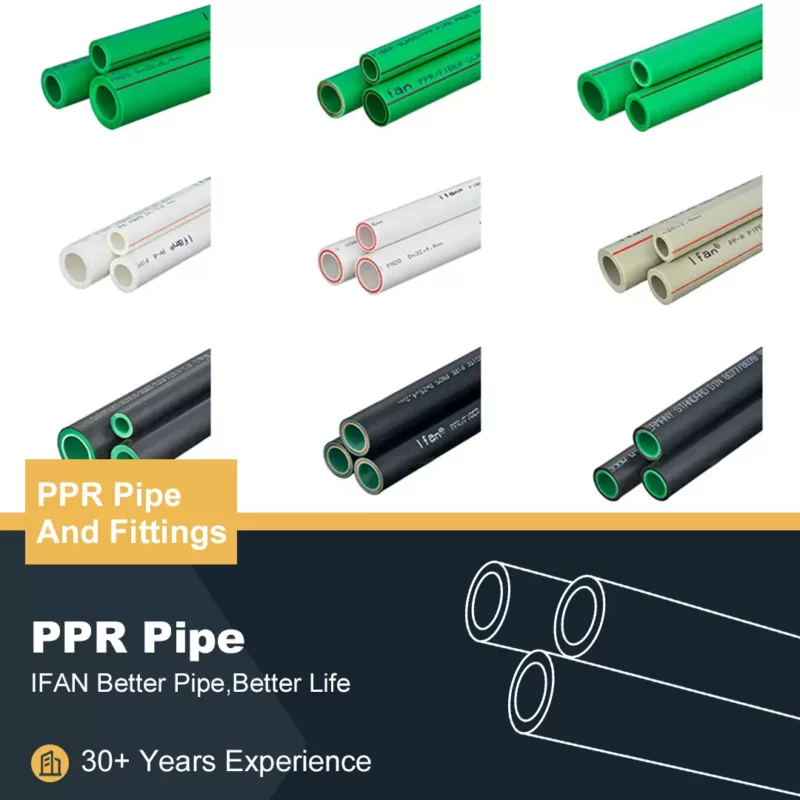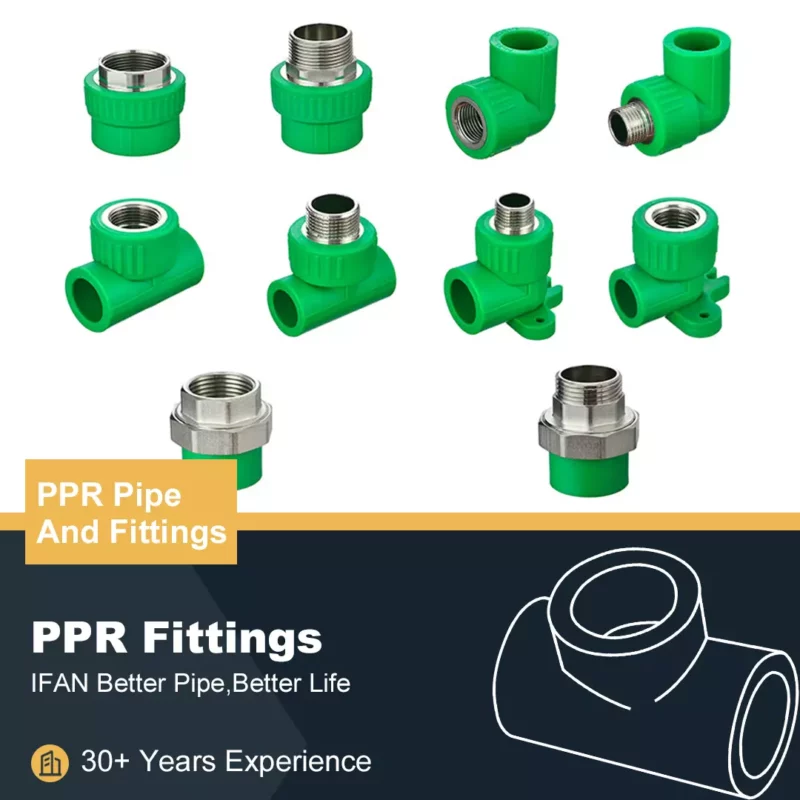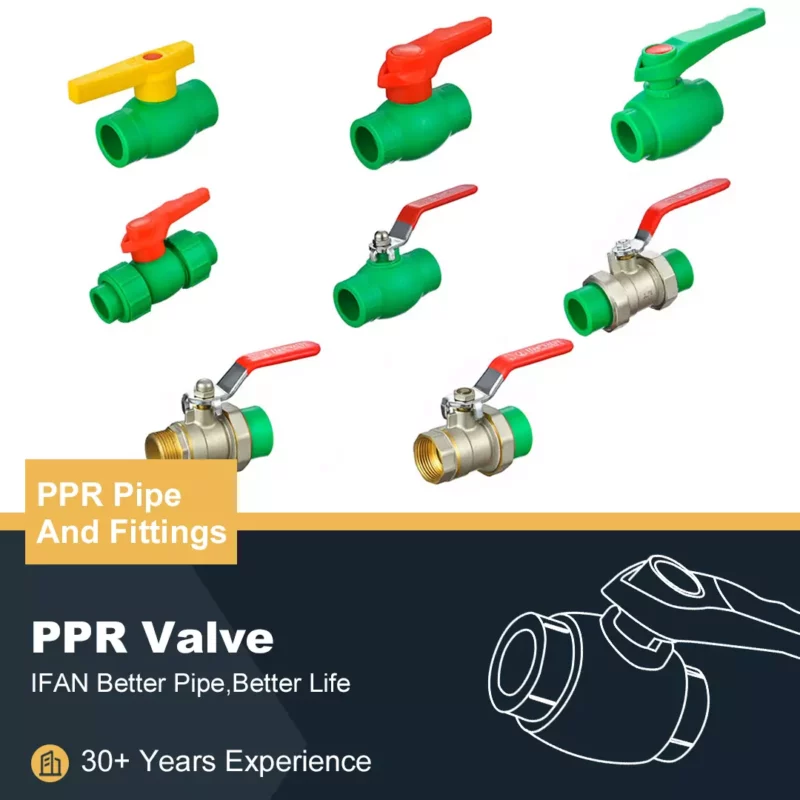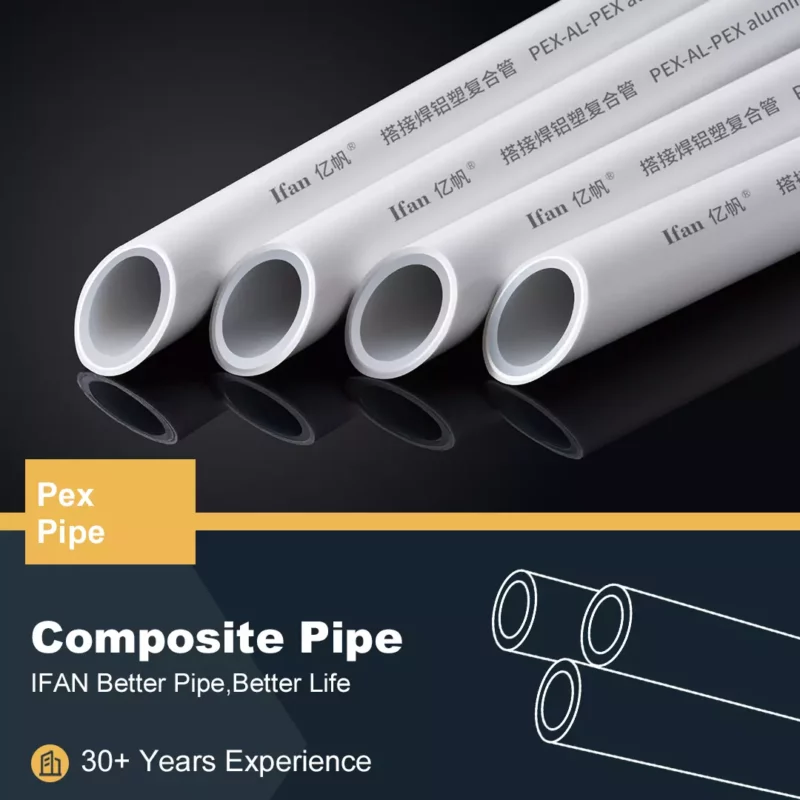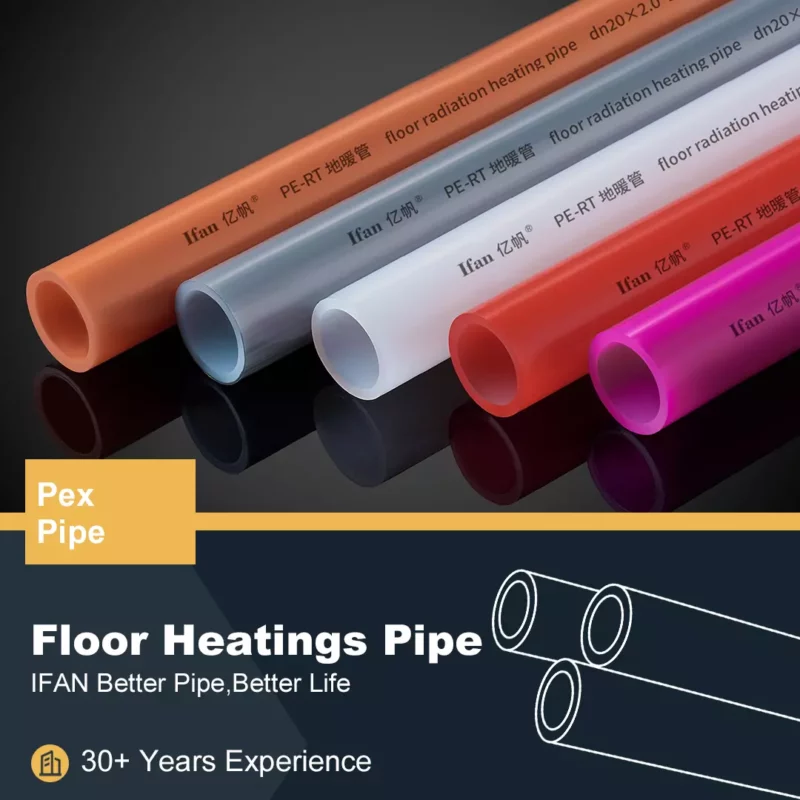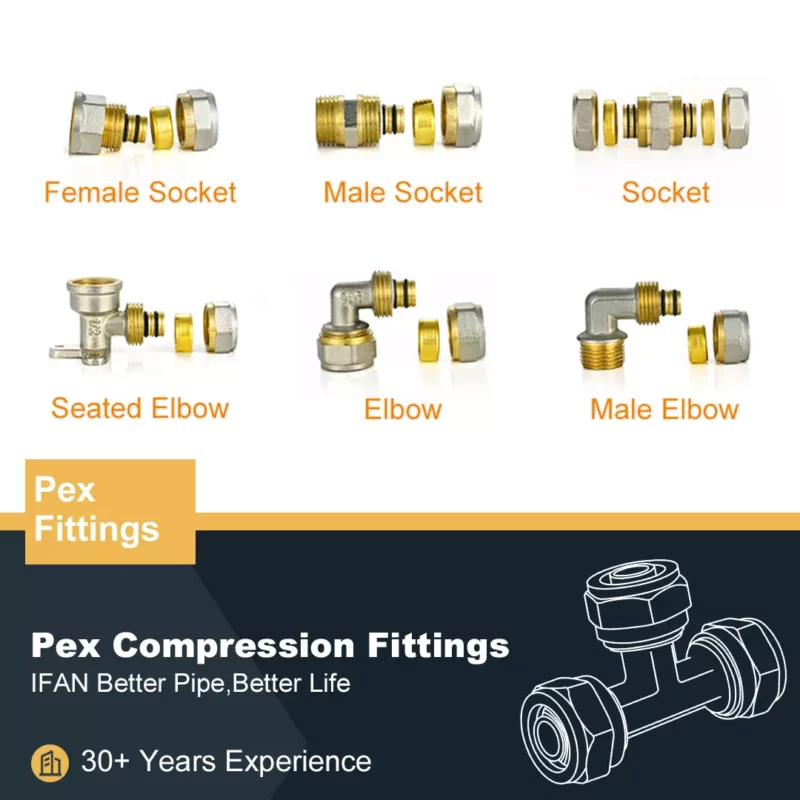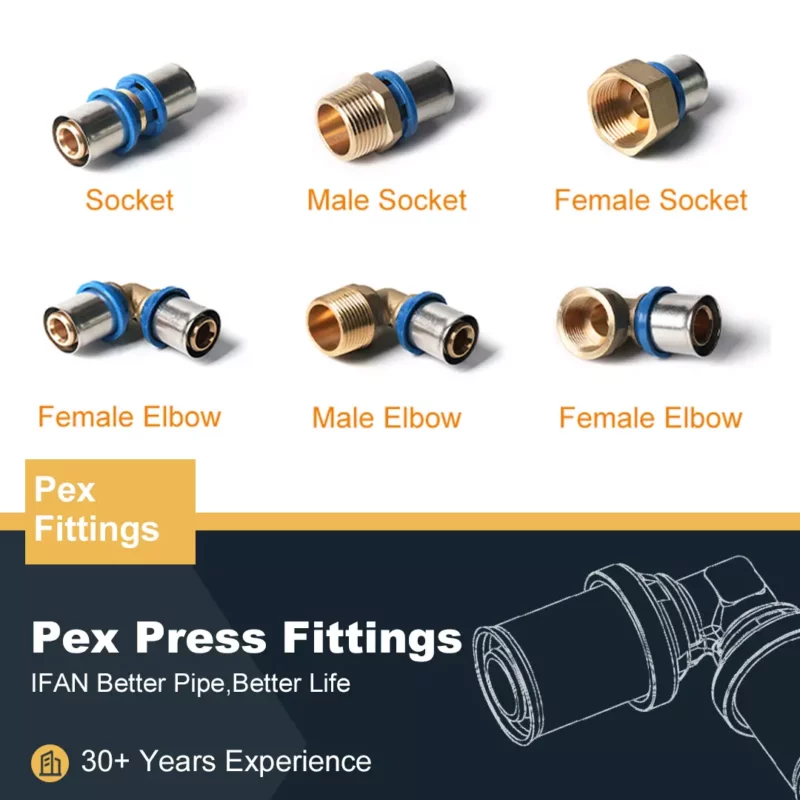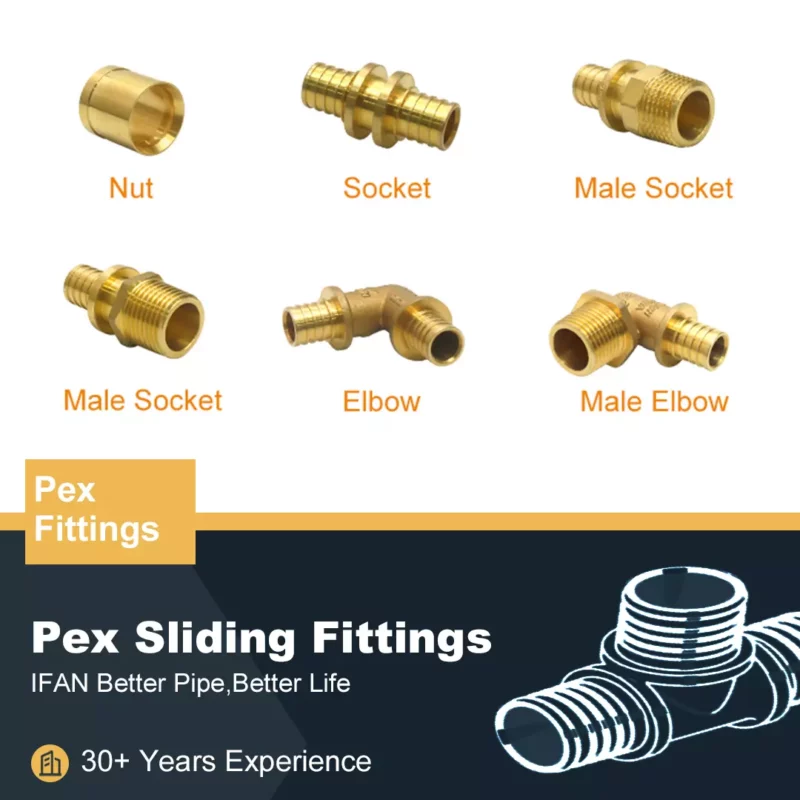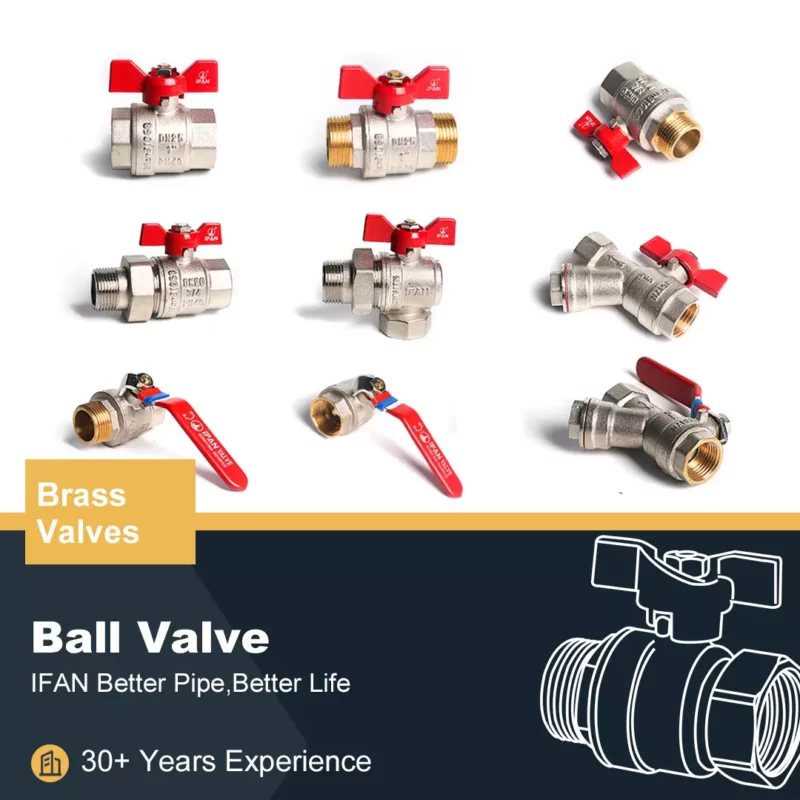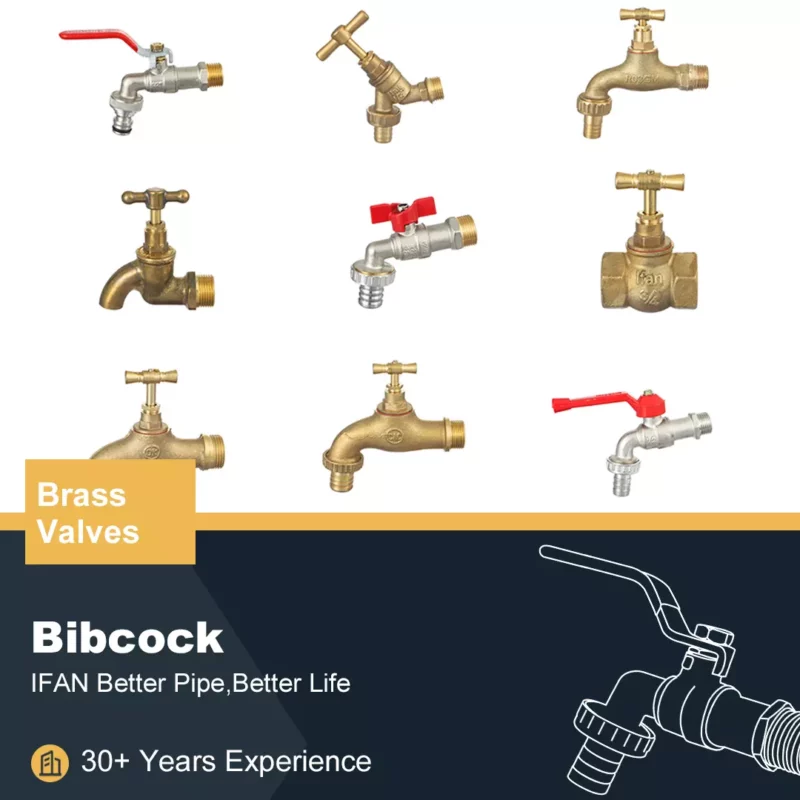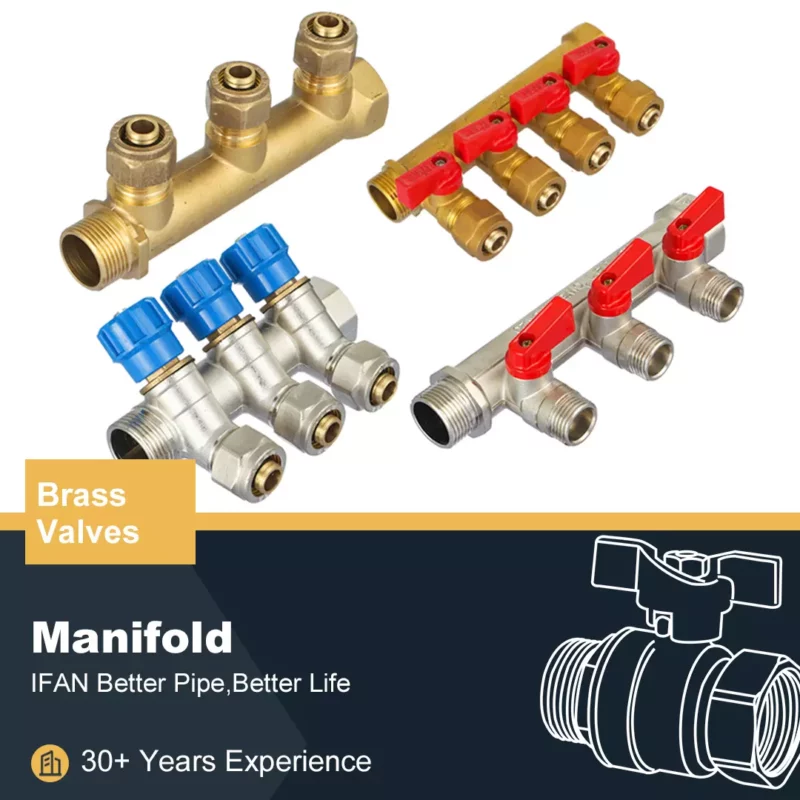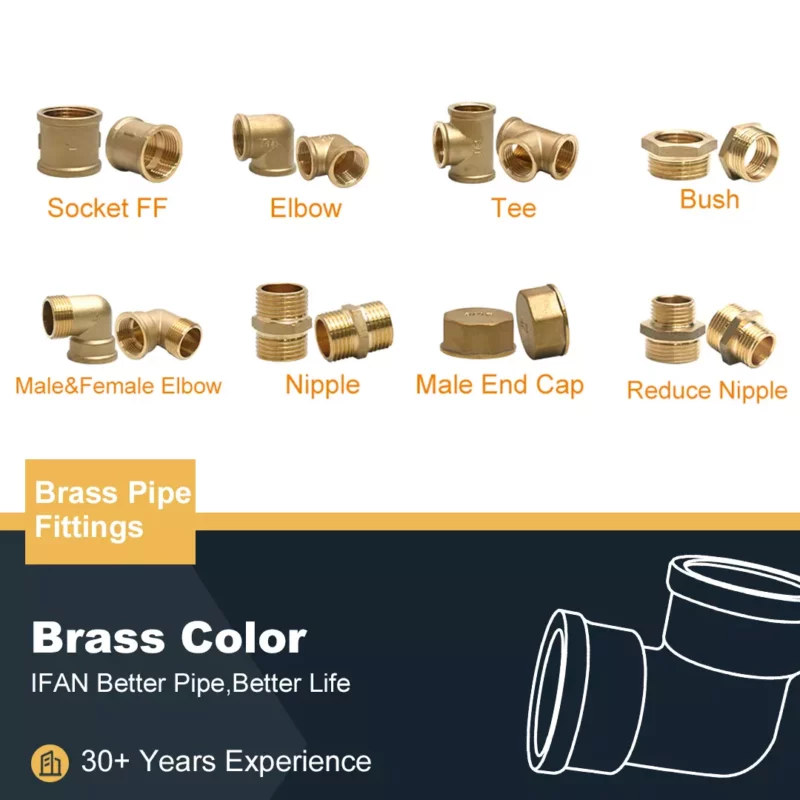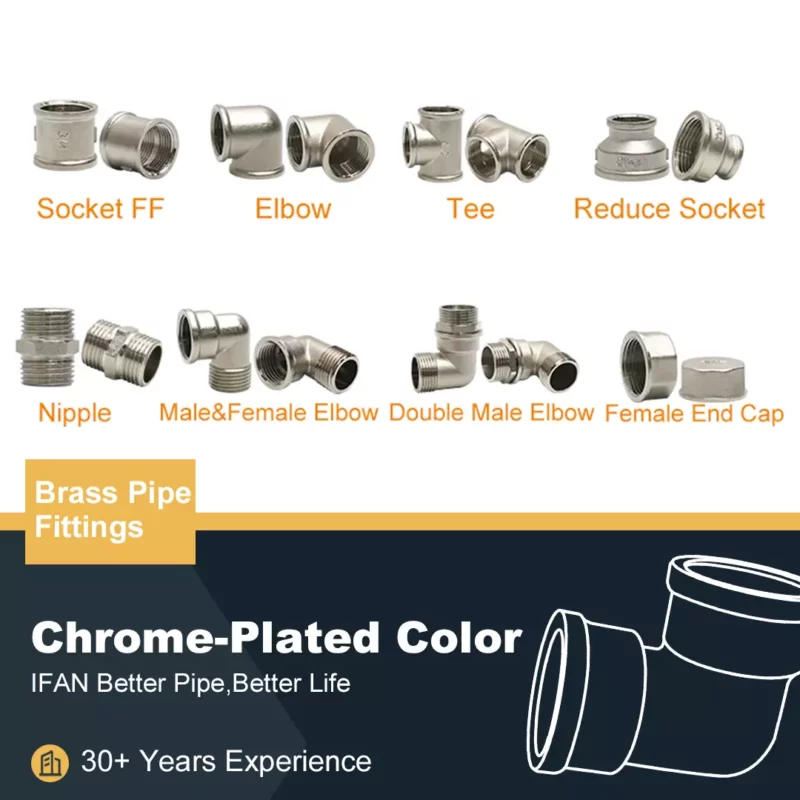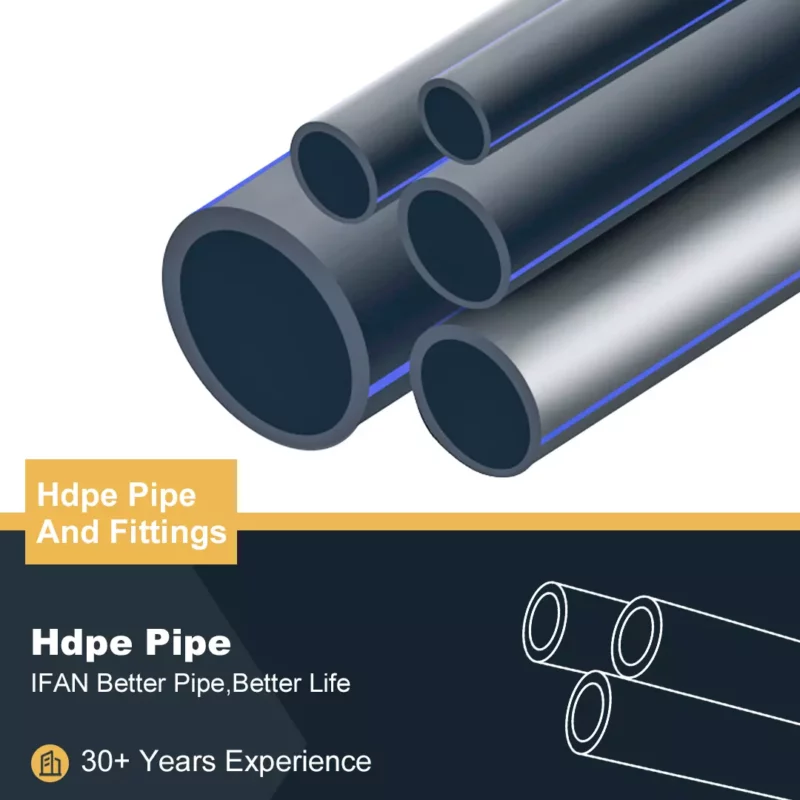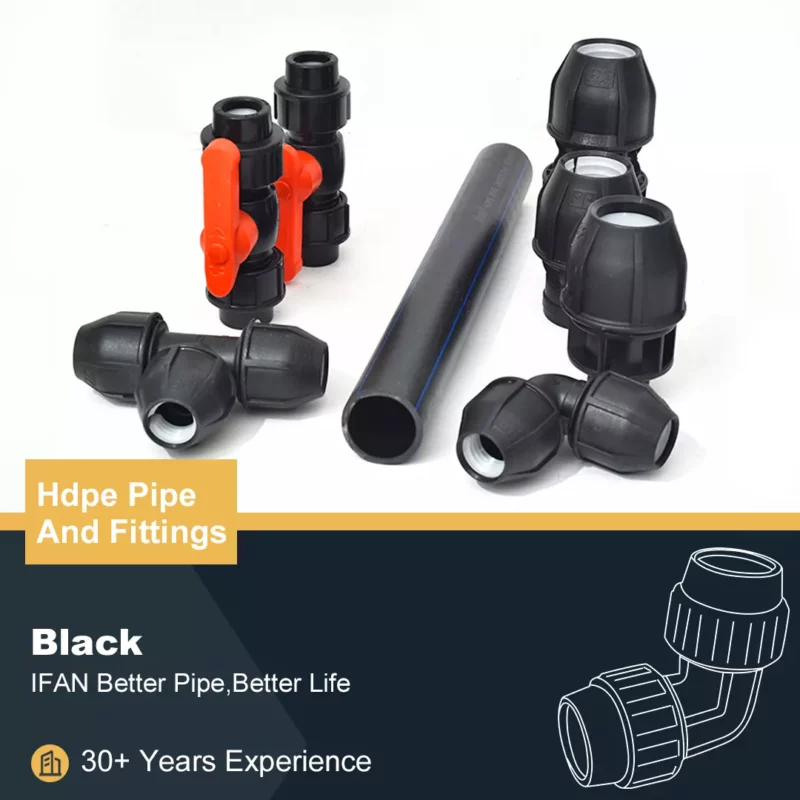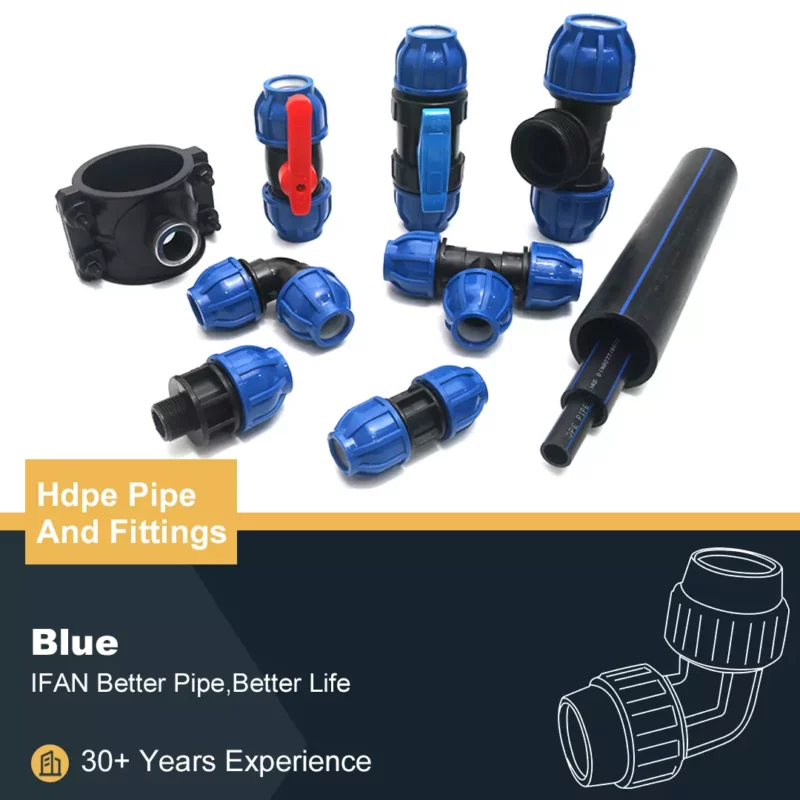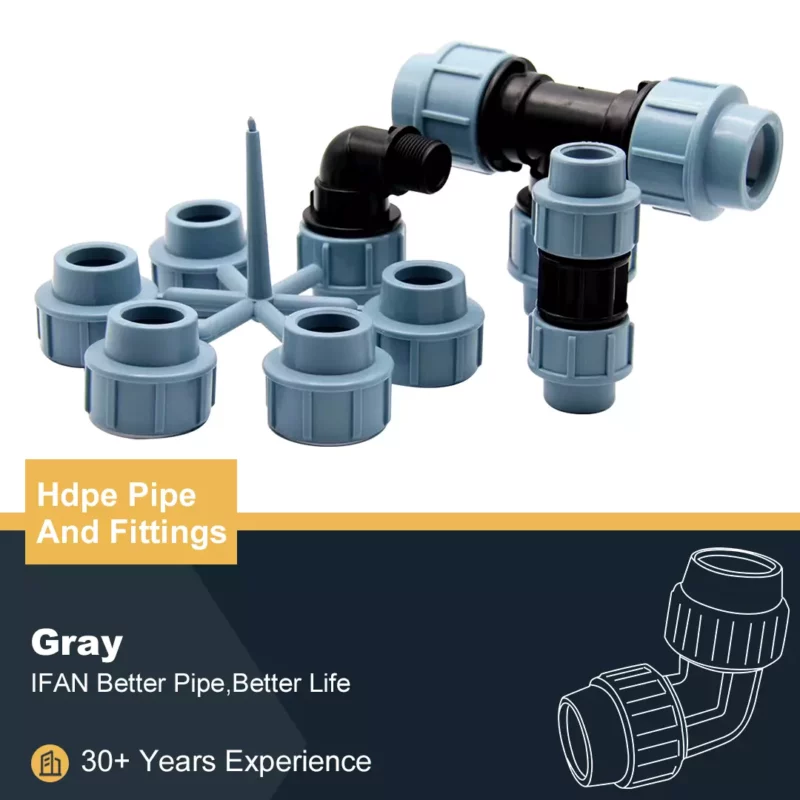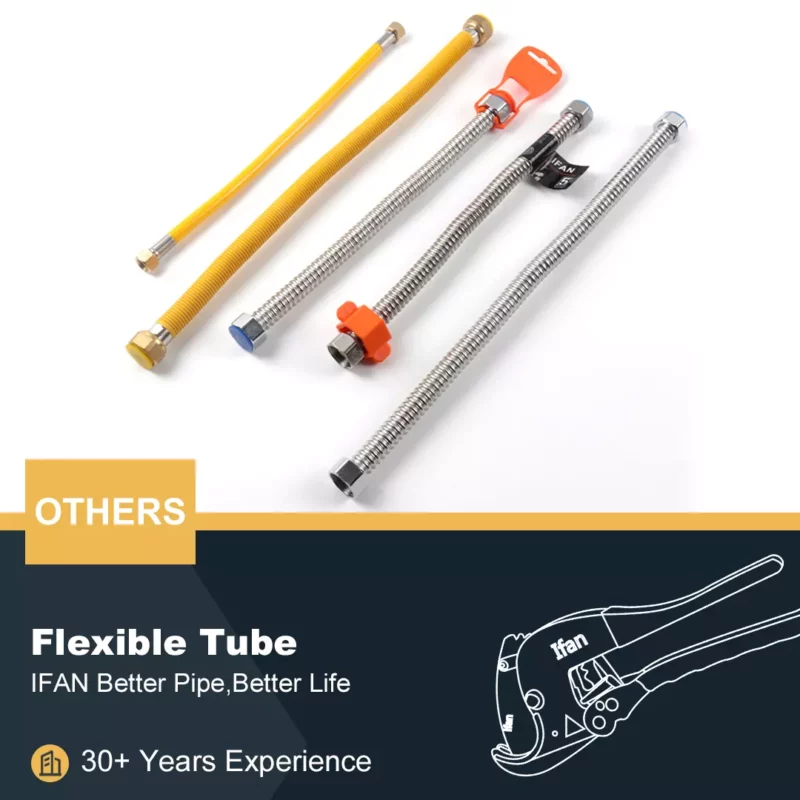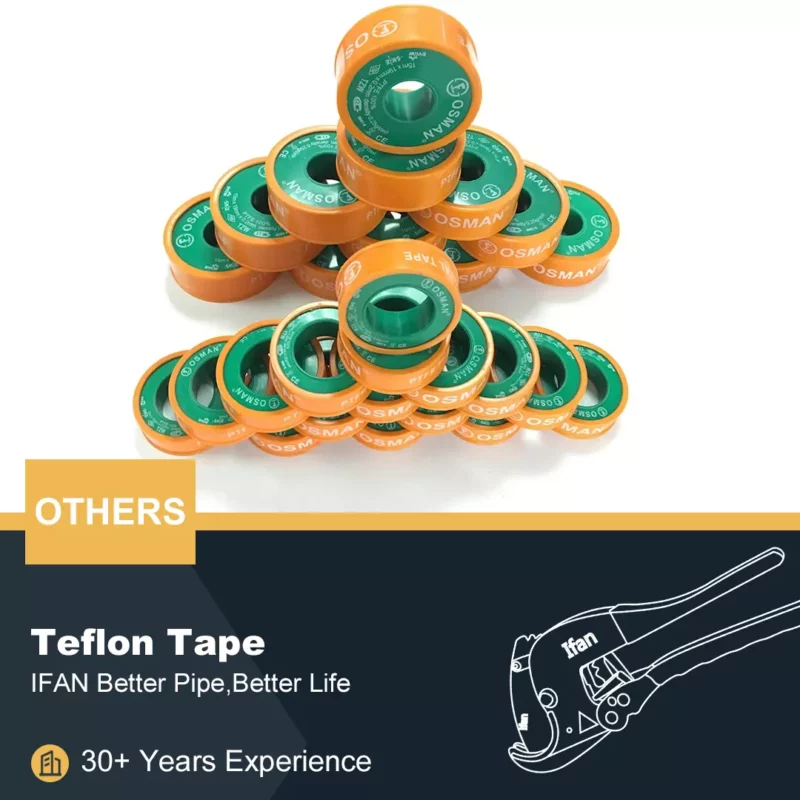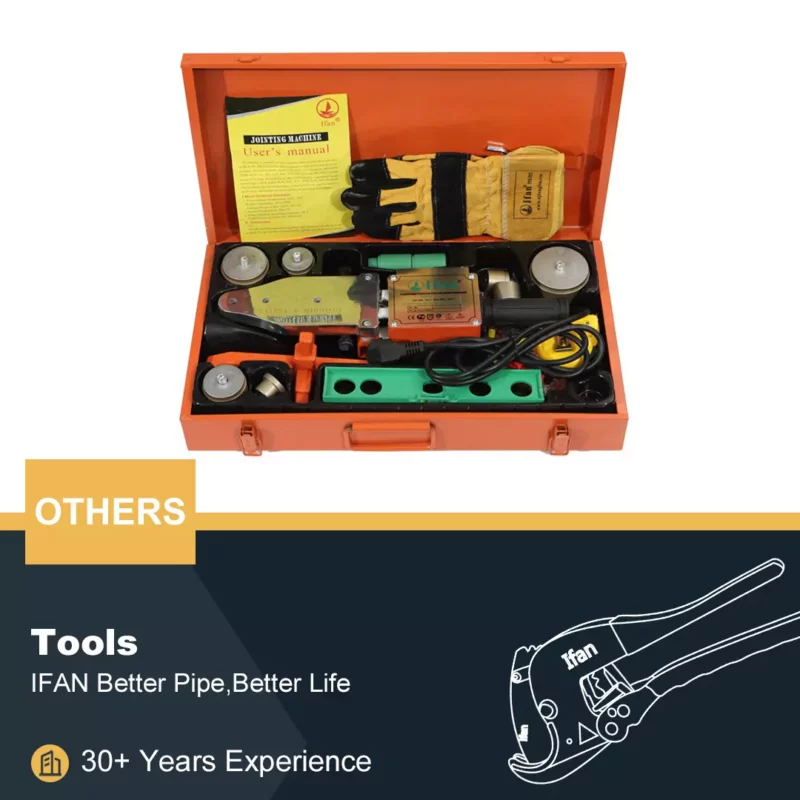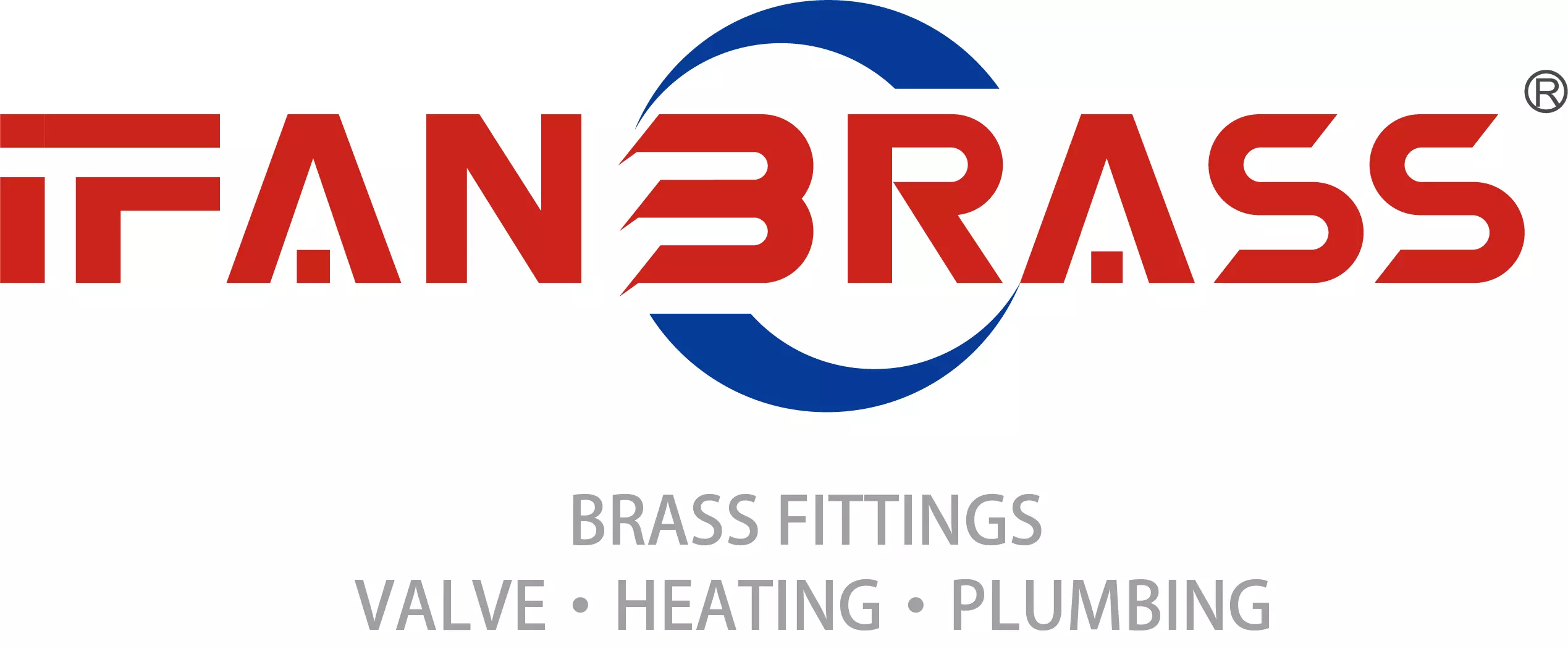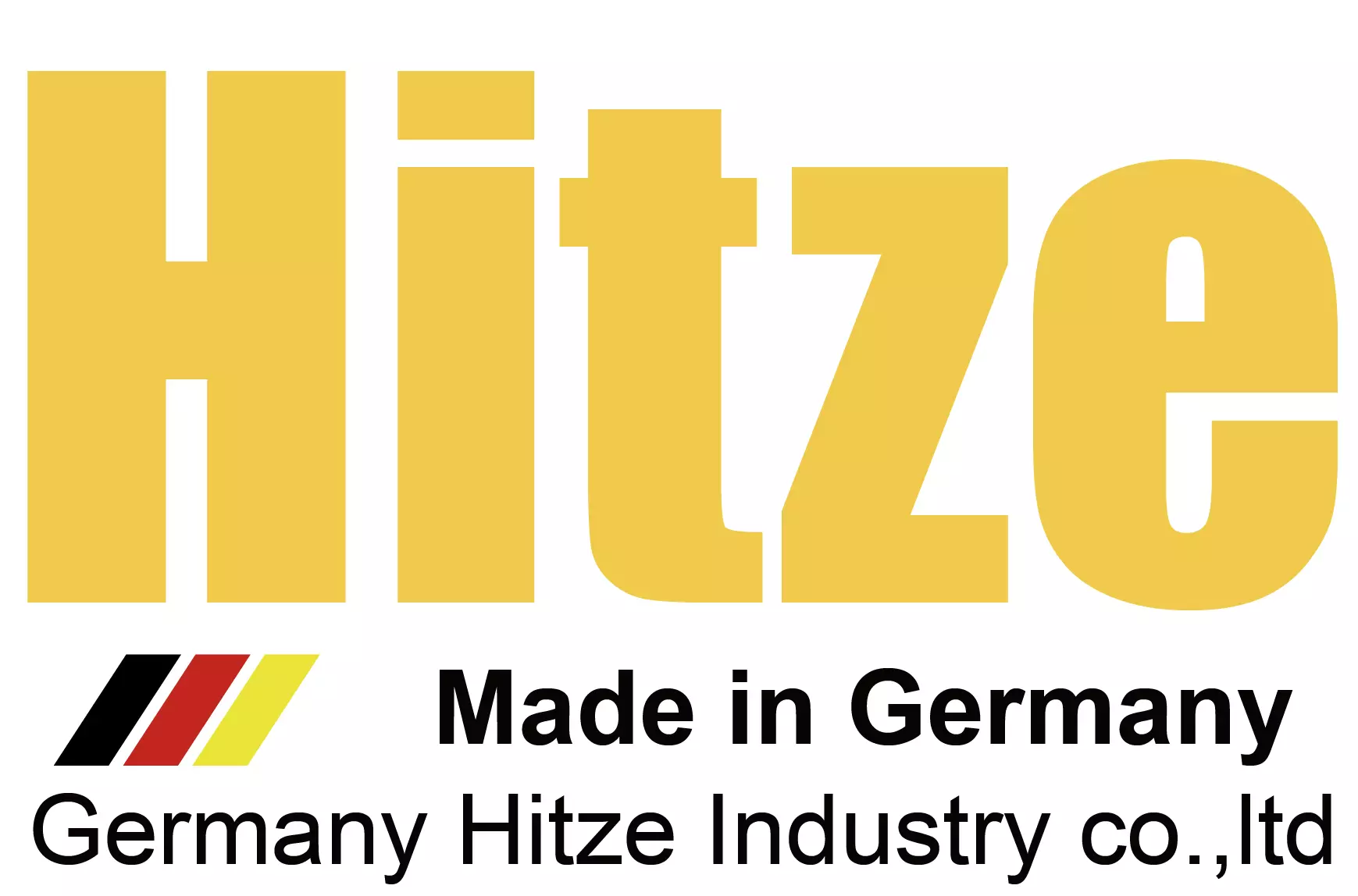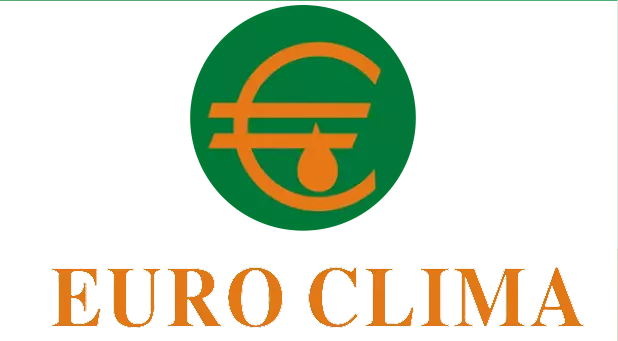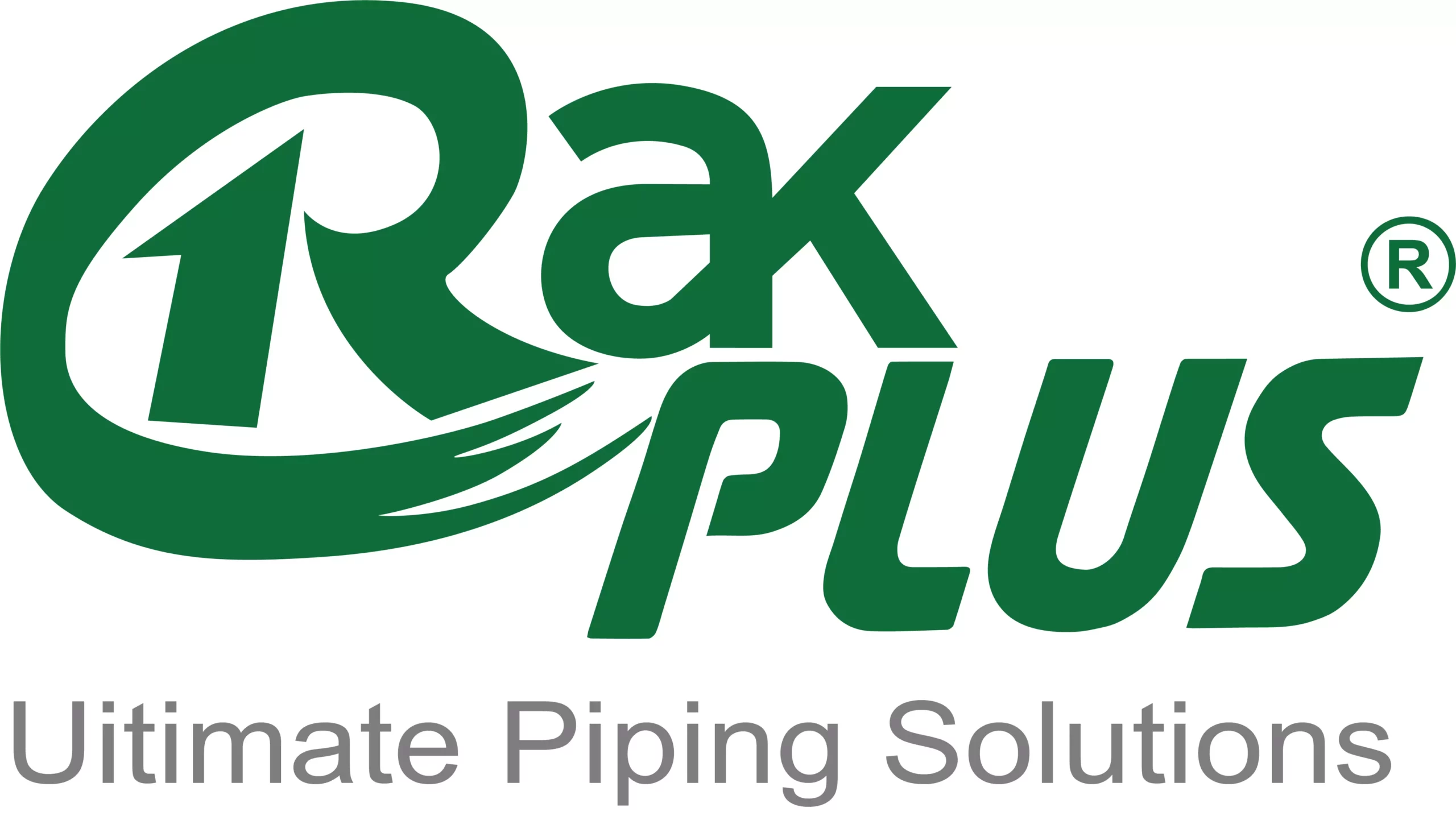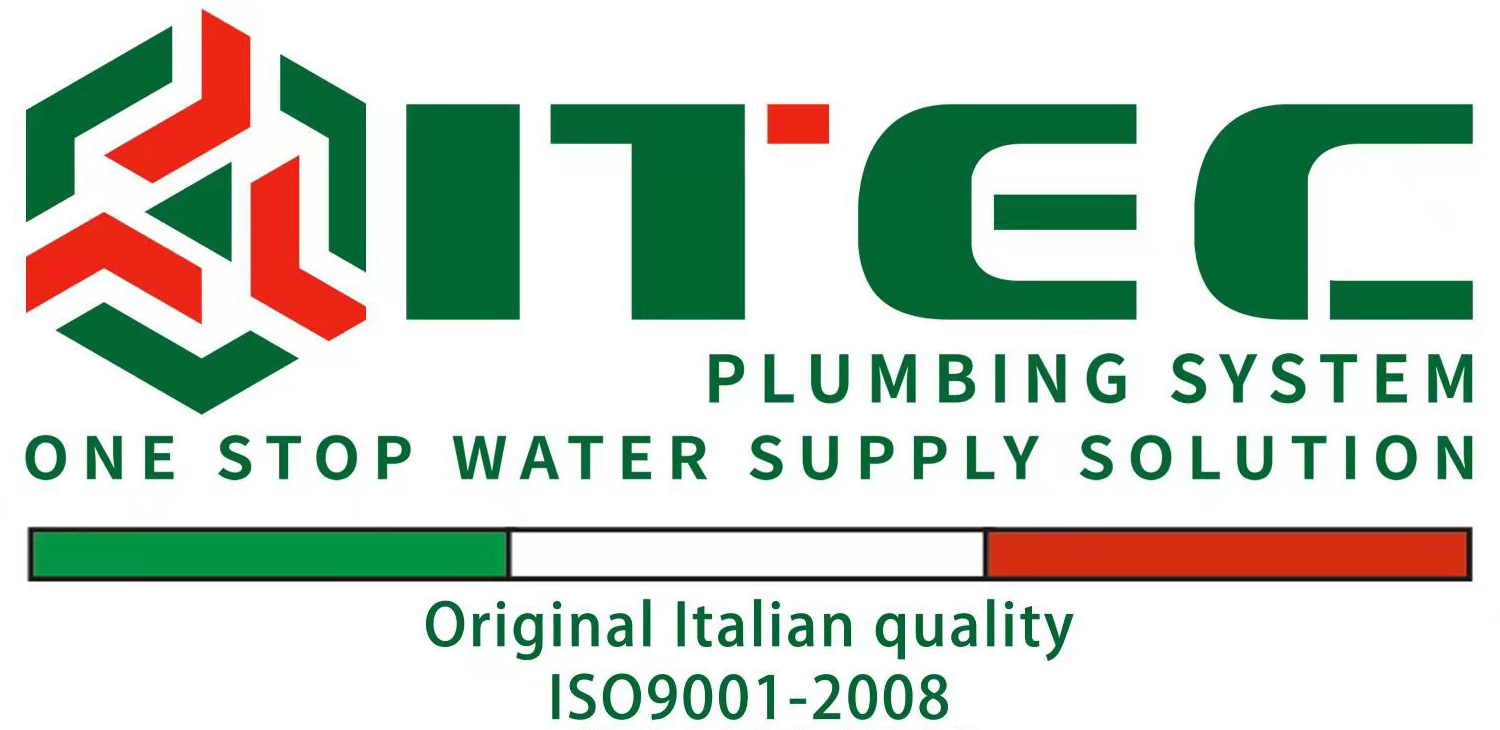CPVC, or Chlorinated Polyvinyl Chloride, is a type of thermoplastic known for its enhanced durability and chemical resistance compared to regular PVC. CPVC unions, which are fittings used to connect sections of CPVC pipe, inherit these properties. This makes them a valuable component in systems where corrosion resistance is crucial. Unlike metal fittings, CPVC unions do not corrode, rust, or degrade when exposed to harsh chemicals.
Chemical Resistance
One of the primary advantages of them is their excellent chemical resistance. They can withstand exposure to a wide range of chemicals, including acids, alkalis, and salts. For instance, CPVC unions are commonly used in industrial chemical processes where they come into contact with corrosive substances like hydrochloric acid or sulfuric acid. This resistance helps maintain system integrity and prevents leaks.
Comparison with Metal Fittings
Compared to metal fittings, the offer superior corrosion resistance. Metals such as steel or copper are prone to rust and degradation when exposed to moisture or chemicals. In contrast, CPVC unions do not suffer from these issues. For example, in a water treatment facility, using CPVC unions can significantly reduce maintenance costs and system downtime compared to metal alternatives.
Applications in Water Systems
CPVC unions are widely used in various water systems, including potable water and wastewater systems. Their resistance to chlorine, which is commonly used to disinfect drinking water, makes them ideal for these applications. In a municipal water supply system, they can be used to connect pipes without the risk of corrosion affecting water quality or system performance.
Temperature Considerations
While CPVC unions are highly resistant to corrosion, they are also designed to handle elevated temperatures. CPVC can withstand temperatures up to 93°C (200°F) without deforming. This makes CPVC unions suitable for applications where hot water or steam is involved. For instance, in a hot water circulation system, they ensure reliable connections without the risk of corrosion affecting performance.
Environmental Impact
CPVC unions contribute to environmental sustainability by reducing the need for frequent replacements due to corrosion. Fewer replacements mean less waste and lower overall material consumption. For example, in an industrial plant, using CPVC unions instead of metal fittings can result in a significant reduction in the amount of metal waste generated.
Durability and Lifespan
The durability of them is another key factor in their corrosion resistance. CPVC materials are designed to resist chemical attacks and physical wear over long periods. This ensures that they remain effective throughout their lifespan, which can be several decades. In a chemical processing plant, the long-lasting nature of CPVC unions reduces the need for frequent maintenance or replacement.
Case Study: Chemical Processing
A notable example of CPVC unions in action is their use in chemical processing facilities. These facilities often handle aggressive chemicals that can corrode metal fittings. CPVC unions are employed to connect various sections of piping, ensuring a reliable and corrosion-resistant system. This application demonstrates how CPVC unions effectively prevent corrosion-related issues in high-risk environments.
Maintenance and Inspection
Although CPVC unions are highly resistant to corrosion, regular maintenance and inspection are still important. Ensuring that unions are properly installed and checking for any signs of wear can help maintain system efficiency. In practice, this involves periodic visual inspections to ensure that the unions are functioning as intended and that there are no signs of chemical damage.
IFAN International Standard for PVC Tubing
IFAN’s PVC products adhere to a wide range of international standards, ensuring they meet the highest quality and performance criteria. These standards include BS 3505, BS 4346, ASTM D1785 SCH40, ASTM D1785 SCH80, DIN, GB, DWV, ASTM D2665, ASTM D2241, ASTM D2665, ASTM D2729, ASTM F441/F441M, ISO 1452 series, EN ISO 1452, DIN 8061/8062, GB/T 10002 series, AS/NZS 1477, JIS K6741, CSA B137.3, NSF/ANSI 14, and TIS 17-2532/1131-2535. Compliance with these standards ensures that IFAN’s PVC pipes and fittings deliver consistent performance, safety, and reliability in a variety of applications globally.
Conclusion
In summary, CPVC unions offer exceptional corrosion resistance compared to metal fittings, making them ideal for applications involving harsh chemicals or high temperatures. Their ability to withstand aggressive substances without degrading ensures that systems remain functional and reliable over time. Whether used in water treatment, chemical processing, or other industrial applications, they provide a durable and cost-effective solution for preventing corrosion-related issues.
If you have read this article and have any questions, please feel free to contact IFAN. Below is our contact information:
Whatsapp:+86 13373827623
Email:[email protected]

